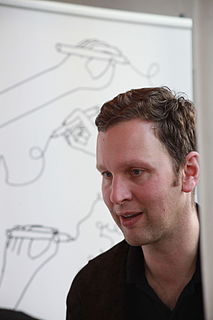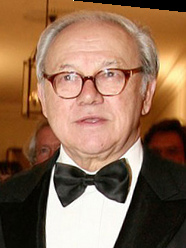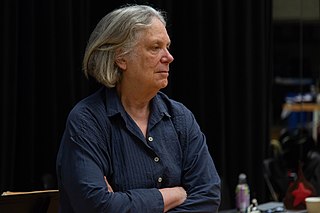A Quote by David Shrigley
I think the thing is there's a work for every space, you always have to respond to a context, whether it be a physical context, or a political one, or a cultural one, whatever.
Related Quotes
I think context, location matters a lot. Because location obviously in my situation, it's the space in which the work is going to be exhibited. And since some of the work I do is created onsite, it requires a different type of space, versus the smaller drawings or more subject-oriented work. So that the context becomes important.
You can publish a poem you think is a very important poem, and you don't hear a word from anyone. [...] You can publish a book of poetry by dropping it off a cliff and waiting to hear an echo. Quite often, you'll never hear a thing. So doing that, using older work, puts it in a context, and that sort of forces the reader to realize what its importance is-if it has any. Everything needs a context. You're not going to recognize a poet unless you have a context.
Whether you're talking about Shakespeare or, you know, if you look at Greek tragedies. I mean, every playwright, every songwriter, every artist who's ever sat down and been moved to create something, has been living in a context. A political moment that's most often reflected in their work. Even if you're, you know, kind of a nature poet.
I think character is very much a product of where you live, who you are, what is happening in that time of your life, and I'm interested in those pressures, those forces. A political context, a social context, really determines if not who people are then how they treat one another and what they say, how they speak.
The Japanese director Tadashi Suzuki once stated, 'International cultural exchange is impossible - therefore we must try.' I agree with all my heart. The impossibility of seeing beyond one's own cultural context is a political act in the world and has the potential to break down the rigid assumptions surrounding us.
Parents are led to believe that they must be consistent, that is, always respond to the same issue the same way. Consistency is good up to a point but your child also needs to understand context and subtlety . . . much of adult life is governed by context: what is appropriate in one setting is not appropriate in another; the way something is said may be more important than what is said. . . .
When you ask why did some particular question occur to a scientist or philosopher for the first time, or why did this particular approach seem natural, then your questions concern the context of discovery. When you ask whether the argument the philosopher puts forth to answer that question is sound, or whether the evidence justifies the scientific theory proposed, then you've entered the context of justification. Considerations of history, sociology, anthropology, and psychology are relevant to the context of discovery, but not to justification.
I don't particularly care about photographic authorship. Whether an astronaut who doesn't even have a viewfinder makes an image, a robotic camera, a military photographer, or Mike Light really doesn't matter. What matters is the context of the final photograph and the meaning it generates within that context.








































